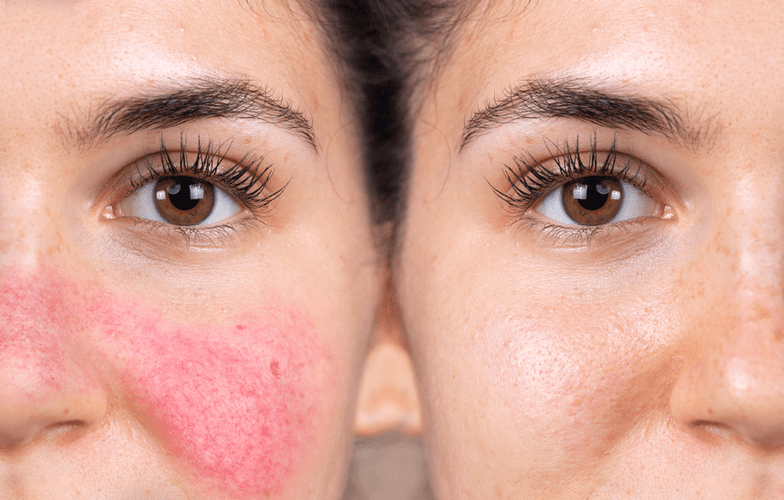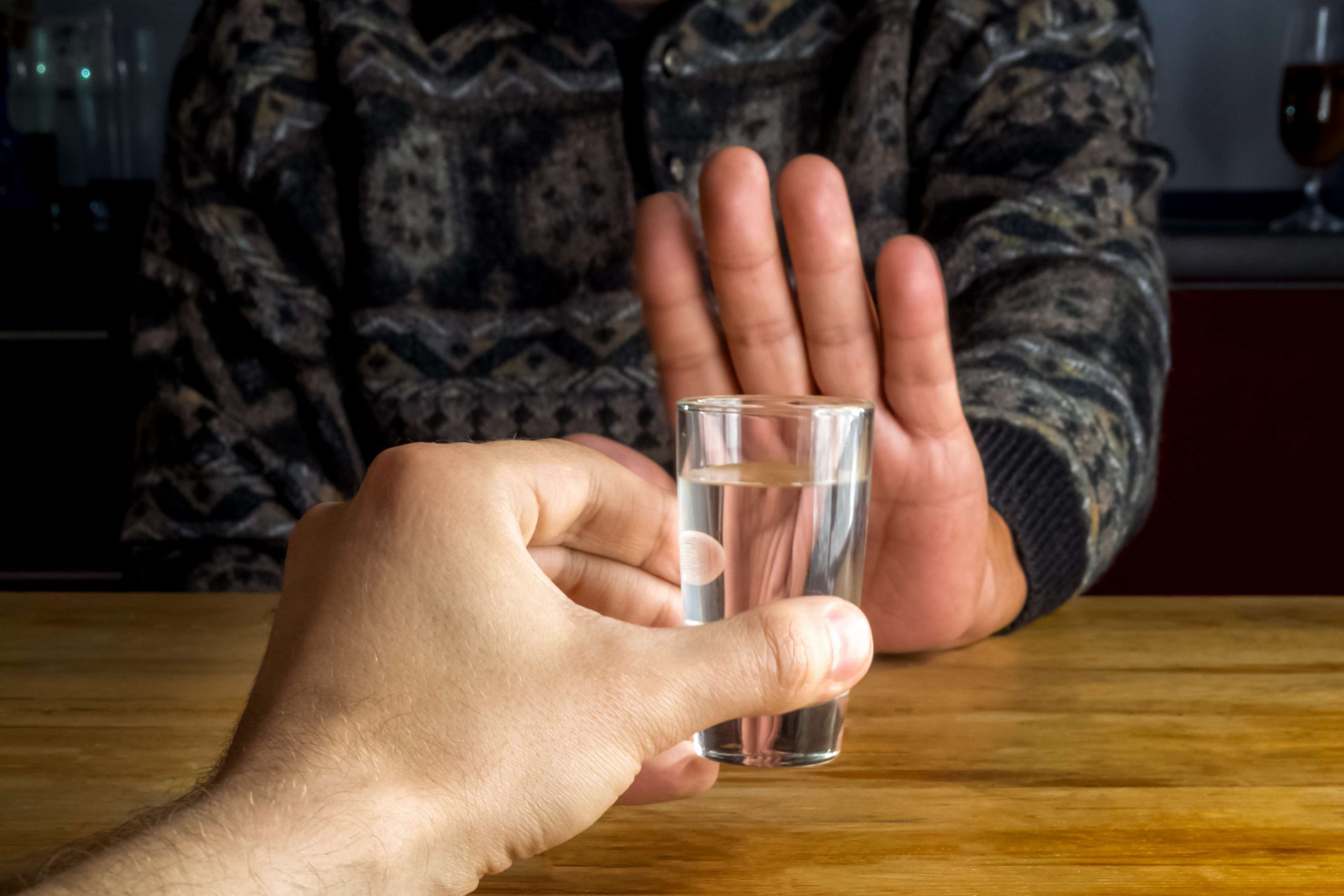Complete Checklist of Alcohol-Related Symptoms: 5 Warning Signs
Doctors will monitor your symptoms and risk for alcohol withdrawal complications. This may involve one one-on-one sessions with a social worker or therapist to help you deal with mental health issues or past traumas. At some point, it may be helpful to include your partner or family, too. Participation in support groups may help people develop strategies to deal with the urge to drink alcohol. Peer support may also help in coping with emotions that may have led to alcohol misuse. A person should speak with a healthcare professional if they are experiencing symptoms of AUD.
- You could also feel paranoid, like others are lying to you or trying to hurt you.
- Disulfiram does not reduce craving, but it creates an incentive not to drink, because drinking alcohol while taking it causes nausea and vomiting.
- Many involve a combination of group psychotherapy (talk therapy) and medications.
- Two medications that fit in this category are naltrexone and acamprosate.
Treatment Options for Alcohol Dependence
But when alcohol begins to interfere with health, relationships, work, or overall well-being, it’s time to take a closer look. When combined with other evidence-based therapies, such as cognitive behavioral therapy (CBT), MAT can help prevent relapse and increase your chance of recovery. Inpatient treatment takes place at a licensed residential treatment center. You’ll live in safe, substance-free housing and have access to professional medical monitoring. BetterHelp offers affordable mental health care via phone, video, or live-chat.
Symptoms of alcohol use disorder
- This guide has information on how you can check if you’ve become dependent on alcohol, as well as advice on where to get help.
- Treatment used to be limited to self-help groups such as Alcoholics Anonymous (established in 1935).
- Mutual-support groups provide peer support for stopping or reducing drinking.
- Some people try to avoid withdrawal symptoms by cutting back on alcohol instead of giving it up all at once.
Alcohol addiction may involve several different treatment methods. It’s important that each person get involved in a recovery program that will support long-term sobriety. This could mean an emphasis on therapy for someone who is depressed, or inpatient treatment for someone with severe withdrawal symptoms. Alcohol addiction, also known as alcoholism, is a disease that affects people symptoms of alcohol dependence of all walks of life. Experts have tried to pinpoint factors like genetics, sex, race, or socioeconomics that may predispose someone to alcohol addiction.

Could you take a break and reset your tolerance?
You need to drink much more than before to get the same effect. What used to give you a buzz after two drinks now takes four or six. The limits are different for women and men because of known differences in how alcohol is absorbed, distributed and eliminated from the body.
Don’t binge drink
For most adults, moderate alcohol use is probably not harmful. Your risk of developing an alcohol use disorder (AUD) depends on how much, how often, and how quickly you drink alcohol. Other mental health disorders can increase the risk of drinking. Depression and anxiety frequently occur along with an alcohol use disorder. It is very important to get treatment for such disorders if they are contributing to the problem. If you would like to reduce your alcohol use but aren’t sure where to get started, it’s best to talk with a healthcare professional.

Now there are a variety of evidence-based treatments, including psychotherapy and medication, to treat alcohol use disorders. Almost always, people feel nervous or defensive about their drinking, which is one reason this very common problem Substance abuse so often goes undetected or unaddressed. Therefore, primary care physicians often make a point of use time during a visit to provide education about drinking and its dangers.

An increasingly heavy drinker often says he could stop whenever he chooses—he just never “chooses” to do so. Alcoholism is not a destination, but a progression, a long road of deterioration in which life continuously worsens. Inpatient rehab is the most intensive treatment option, which may last anywhere from days, depending on your needs. Inpatient treatment involves residing at the center while receiving a combination of individual therapy, group counseling, and family therapy sessions. Find rehab for yourself or a loved one by speaking with a treatment provider. Start your recovery journey with peace of mind, knowing your care is covered.